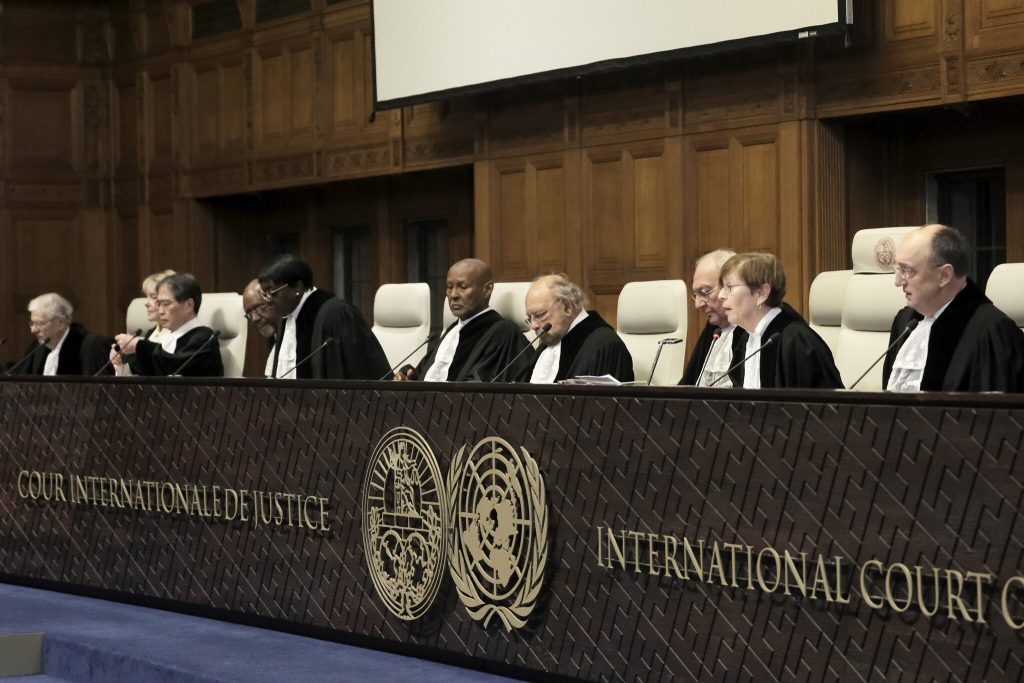The International Court of Justice (ICJ) located at the Hague holds the first hearing concerning South Africa’s genocide case against Israel on Thursday.
The lawsuit filed by South Africa in December is one accusing Israel of its violation of the Genocide Convention during its conflict with Hamas in Gaza which has recorded over 23,000 Palestinian deaths.
The International Justice Court (ICJ) in the Hague will be hearing from two specialists in human rights, public law, and international competition law; Tembeka Ngcukaitobi SC and Max Du Plessis SC, who will both be representing South Africa.
All there is to know about the International Court of Justice
- The International Court of Justice is located in the Netherlands city and municipality, the Hague. It is saddled with the role of adjudicating matters between countries especially involving border disputes between nations.
2. It is known as the World Court, which ‘decides, in accordance with international law, disputes of a legal nature that are submitted to it by states (jurisdiction in contentious cases)’. The International Justice Court also has the authority to issue advisory opinions on legal standpoints and questions presented to it by organs and specialised agencies of the United Nations and other UN-related bodies.
3. According to Article 34 of the court’s statute, only states are qualified to be parties to cases before the International Court of Justice. The court will assume jurisdictions based on the instances of Articles 36 and 37 of the ICJ’s statute.
4. While its advisory opinions are not binding under international law, its interpretation holds strong legal and moral weight. In today’s case, the main objectives of the court are to hear oral arguments from Israel and South Africa and decide the provisional measures granted such ease and permission for adequate humanitarian access amidst the conflict.

